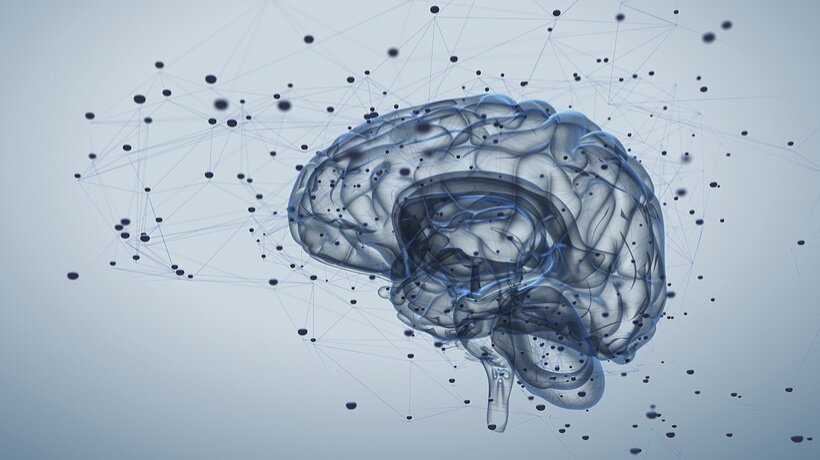
What is Implicit Bias?
What is implicit bias? Why it matters and what can be done about it?

8 critical steps to creating empathy in the workplace
Are you showing your employees enough support?

Optimise Employee Engagement With These Five Behavioural Principles
Here are five behaviourally-informed principles to help ensure your employees’ shortcuts lead to the desired destination.

Information Processing Basics: How The Brain Processes Information
he brain is often likened to a processor. A complex computing machine that takes raw data and turns it into thoughts, memories, and cognitions.

How Anchoring Bias Psychology Affects Decision Making
When people are trying to make a decision, they often use an anchor or focal point as a reference or starting point.

Cognitive Skills: What They Are and How to Improve Them
In this article, we will define cognitive skills, provide examples and explore how you can improve your own cognitive abilities.

The Brain Science of Microlearning: Why It Works
In 2015, millennials surpassed Gen Xers as the largest generation in the workforce. By 2025, they will make up 75 percent of the workforce.



6 Benefits of Learning a Foreign Language for Career Growth
Are you thinking of learning a foreign language?

Why Micro Learning Is The Future Of Training In The Workplace
Traditional teaching and learning has got to go.

Why Your Brain Turns to Biases Under Time Constraints
Ask yourself if you are guilty of making these cognitive shortcuts.

The digital workspace is evolving – are you?
"The focus is now on improving the physical workspace by creating environments in which people can interact with and be inspired by each other"

Remote Managers: Now Is The Time To Trust Your Team, Not Micromanage Them
Here are some ways to create transparency and accountability without micromanaging your team. The goal is to show you trust them.

Cultivating Curiosity
How to explore the world: Developing a sense of wonder can be its own reward.

Making Empathy Central to Your Company Culture
Empathy deserves its buzzy status, and leaders are wise to desire it for their businesses. But to succeed in making it part of their organization’s DNA, they must pay close attention to how cultures build and change — organically, collectively, and often from the bottom up.

Learning faster and better with technology
As cognitive solutions enter into every aspect of a business, HR leaders ought to consider how these can enhance not just work processes, but also employee experience

The Benefits of Curiosity in the Workplace
Recent research discussed in the Harvard Business Review revealed three important insights about curiosity in the workplace.


8 cognitive biases that affect how you manage your team
Managers are expected to make split-second decisions, day in and day out, tracking who is working on what project, discovering whether or not a team member has made enough progress, etc. Understanding our cognitive biases can help us avoid making mistakes as managers and as we make decisions.

